Understanding the criminal offense of “Violation of Injunction” in Florida
- Under Florida Statute § 741.31(4)(a), a violation of injunction occurs when a respondent knowingly violates the terms of an injunction for protection against domestic violence, repeat violence, dating violence, sexual violence, or stalking. This offense is classified as a first-degree misdemeanor, punishable by up to one year in county jail and a $1,000 fine. Our firm frequently handles these cases, but we do not handle the actual injunction proceedings.
Recent statistics from the Florida Department of Law Enforcement show that in 2020, there were approximately 5,500 arrests for violation of injunction statewide, highlighting the frequency of these cases.
II. Common Types of Injunctions in Florida
- Domestic Violence Injunction
- Repeat Violence Injunction
- Dating Violence Injunction
Each type of injunction carries specific prohibitions. For example, a domestic violence injunction may prohibit the respondent from contacting the petitioner or coming within 500 feet of their residence or workplace.
III. What Constitutes a Violation of an Injunction?
A violation occurs when an individual knowingly disregards the terms set forth in the injunction. Common violations include:
- Contacting the petitioner via phone, text, email, or social media
- Being physically present at prohibited locations, such as the protected party’s home or workplace
- Threatening or harassing the protected party, directly or indirectly
- Possessing firearms if the injunction prohibits it
- Committing any acts of violence against the protected party
IV. Defense Strategies for Violation of Injunction Charges
1. Lack of Knowledge: Demonstrating that you were unaware of the injunction's existence or specific terms. For example, if the injunction was served improperly or if you never received notice of its terms.
2. Absence of Intent: Proving that any violation was unintentional or accidental. This could apply in situations where you inadvertently came into proximity of the protected person in a public place.
3. Lack of Evidence: Insufficient proof that a violation actually occurred
Case Example: In State v. Johnson, 676 So.2d 408 (Fla. 1996), the Florida Supreme Court held that the state must prove the defendant's knowledge of the injunction to secure a conviction for violation. This case underscores the importance of the "knowledge" element.
V. Consequences of Conviction
A conviction for violation of injunction can have severe consequences, including:
- Up to one year in county jail
- Fines up to $1,000
- Probation for up to one year
- Permanent criminal record
- Potential impact on employment, housing, and professional licenses
- Increased difficulty in modifying or dissolving the existing injunction
VI. Related Offenses
Violation of injunction charges may be accompanied by other related offenses, including:
- Stalking (Fla. Stat. § 784.048)
- Assault or Battery (Fla. Stat. § 784.011, § 784.03)
- Trespassing (Fla. Stat. § 810.08)
VII. Frequently Asked Questions
Q: Can I be arrested for violating an injunction if I didn't know it existed?
A: While knowledge of the injunction is required for conviction, you can still be arrested if law enforcement has probable cause to believe you violated an injunction.
Q: What if the petitioner contacted me first?
A: Even if the petitioner initiates contact, responding may still violate the injunction. It's crucial to adhere strictly to the injunction's terms and consult with an attorney if you have concerns.
Q: How long does a violation of injunction charge stay on my record?
A: A conviction for violation of injunction will remain on your criminal record permanently unless you are eligible for expungement or sealing.
Legal Glossary:
- Injunction: A court order requiring a person to do or cease doing a specific action.
- Respondent: The person against whom an injunction is filed.
- Petitioner: The person who requests an injunction.
- Arraignment: A court proceeding where the defendant is formally charged and enters a plea.
- Probable Cause: A reasonable basis for believing that a crime may have been committed.
- Expungement: The process of legally destroying, erasing, or sealing arrest and conviction records.


Our Settlements & Verdicts
Our top priority is to devise customized legal strategies that are tailored to the unique legal needs of our clients, no matter how simple or complicated their situations, might be.
-
Charges dropped Accident-Failed to Give Information and Improper Backing
-
Dismissed Accident-Leaving the Scene, Careless Driving
-
Expunged Allow Minor Alcohol at Open House Party.
-
Charges Dropped Allow Minor Alcohol ot Drugs at Open House Party
-
1 count of battery amended, others dropped Battery
-
Withhold of Adjudication Battery


